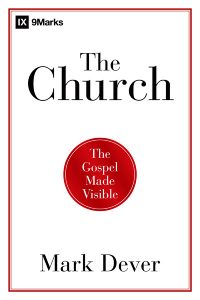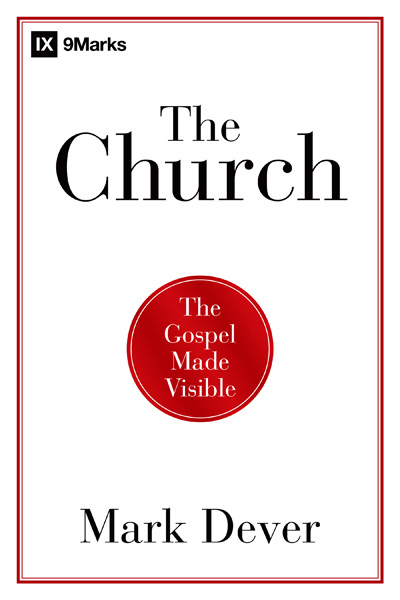Chapter Seven: The Purpose of the Church
“The church ultimately exists for the glory of God. Whether pursuing missions or evangelism; edifying one another through prayer and Bible study; encouraging growth in holiness; or assembling for public praise, prayer, and instruction, this one purpose prevails. The church is the unique instrument for bringing God such glory.”—pg. 77
Reflection Question: Is this fundamental reason for the existence of the church reflected in your personal involvement in church life? Are you ever tempted to take a more pragmatic, man-centered approach to the purposes of the church?
Chapter Eight: The Hope of the Church
“The mission of the church will succeed. Jesus promised his disciples that the gates of [Hell] would not prevail against his church (Matt 16:18). Christians may wonder at God’s patience with the church and fear for our own poor stewardship of the church, but we cannot be anything other than confident about the church. It will succeed. The church is God’s plan and purpose.”—pg. 87
Reflection Question: Are you ever tempted to worry about the future of the church, thus doubting the security of God’s promises?
Chapter Nine: The History of the Idea of the Church
“[T]he rise of differing denominations represents the desire for faithfulness in purity rather than in visible unity.”
Reflection Question: It is of course possible to separate from others over issues that are clearly secondary, and that ought not be matters of division. Yet it is also possible to refuse to separate in the name of unity when the very foundations of the gospel are at stake. Which temptation shows up more frequently in your life?
Chapter Ten: The History of the Ordinances of the Church
“[D]iscussion concerning the number and nature of Christ’s ordinances might seem far removed from the concerns of evangelical churches today. Christ’s command to baptize is either ignored or minimized in the teaching of many churches, in the books written and read by evangelicals generally, and in the membership requirements of those churches. Also, the Lord’s Supper is seldom celebrated in many congregations. Through all of this the Reformation doctrine sola fide (” faith alone“) has been exploited for ill purposes, being used to relegate anything not directly necessary for salvation to the status of unimportant. But surely if Christ has commanded something, his followers have no authority to alter his command— either by adding to it or by ignoring it.”—pg. 101
Reflection Question: Are there areas in your life and theology, to which Scripture speaks, that you tend to ignore because they don’t seem to be directly necessary for salvation?

